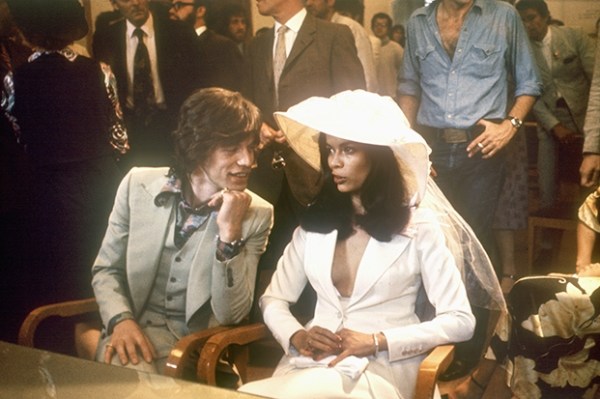The call centre problem — I’ve solved it. I now know how to get good service. The secret is to keep ringing back until you get a rude operative. Because, in this world at least, rude is the new polite.
Admittedly it only works for technical help-lines, rather than call centres in general. But boy does it work. ‘Boy’ being the operative word — we’re talking here about the generation of young males who spent their teenage lives locked in bedrooms playing Call of Duty. Finally they were torn bodily from their consoles and booted out of the door by despairing parents. Confronted with that terrifying thing known as the ‘real world’, they latched on to the only source of employment which allows them to maintain 24-hour contact with their beloved technology: manning (again, operative word) the phones at technical helplines. They have the social skills of a breeze-block — but by Christ can they tell you how to defrag a hard-drive.
I experienced the perfect example recently. ‘My Wi-Fi router keeps losing its signal,’ I said. This, of course, after giving my mother’s maiden name so many times I began to doubt the accuracy of the answer.
‘Please do not worry about this problem, Mr Mason,’ came the reply. Uh-oh. You know you’re in the warm stuff when they say this. It always reminds me of the woman vox-popped after Northern Rock went trembly: ‘I wasn’t worried until I heard Gordon Brown telling me not to worry.’
‘The WLAN light stays green,’ I said, ‘but the DSL one keeps going red.’ Let’s move this along here.
‘Thank you, Mr Manson,’ said the man at the other end. I didn’t mind being transformed into a multiple killer. He could call me Fifi Trixibelle if he got that DSL light sorted. ‘You are saying that you are having trouble with your Wi-Fi router?’
And now you really know. You want to reply: ‘You are saying that you are operating from a script that has just told you to repeat the problem back to me, even though any normal, competent person would by now be dealing with the details of that problem?’
I gave him five minutes, three of which were me on hold waiting for him to attract the attention of a colleague who might know what a Wi-Fi router is. In the end, and even though it would mean several more choruses of the maiden name, I hung up and redialled.
This time I knew from the accent that I’d got through to the company’s Scottish call centre. My helper operated in Glaswegian grunts that were reassuring in themselves: if all else failed he’d be able to fix my router by coming round and chinning it. He skipped ‘Have you turned it off and turned it back on again?’, because he could tell from the way I was talking that I had. Just as I could tell that his earliest (and possibly still only) physical relationship was with an Xbox.
‘Go to Network Preferences,’ he said. No ‘please’, no ‘could I ask you’, no almost-correct reading of my surname. Just a command, followed by more commands, not an ounce of human warmth on offer. It was fantastic. Every last monosyllable made it plain that this man knew what he was doing. Good help-line operatives are the natural successors to car mechanics. Grease monkeys spend their childhoods taking lawnmowers apart, meaning that as adults they’re incapable of looking you in the eye or trading conversational niceties — they simply stare into your car’s engine and murmur ‘new fanbelt’. Bad help-line operatives, on the other hand, are the equivalent of the sales assistants you get in posh gift shops. A smile like a three-octave span on a piano, a forced ‘Hello, sir, are you looking for anything special today?’ when it’s obvious what they really want to say is ‘You clearly earn less than two million a year, get out of my store now, scum.’
Within moments Mr Glasgow had my router working.
‘Thank you,’ I said. ‘That was really helpful.’ I was half-expecting him just to put the phone down. In fact I’d have liked that. Instead, though, he replied: ‘Is there anything else I can help you with today?’
My heart sank. There must have been an Oberhelplinefuhrer standing nearby, forcing him at gunpoint to recite at least one line of the Standard Customer Interface Template. It was wrong. This man hadn’t been rude, he’d just been true to his nature. A nature that, yes, shuns small talk, but also — and more importantly — lets him do his job brilliantly.
Give me that over futile, scripted politeness any day.





Comments